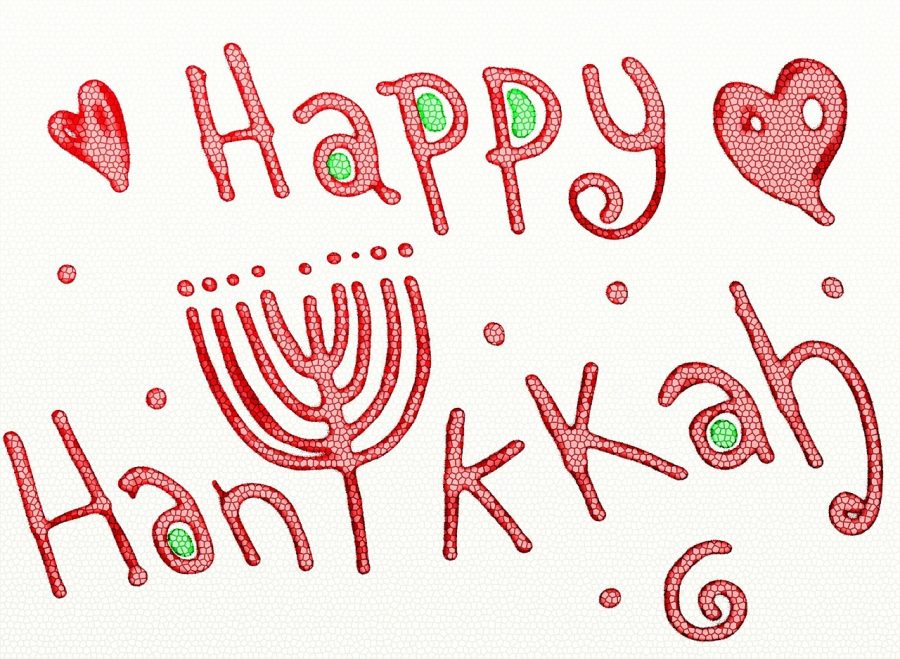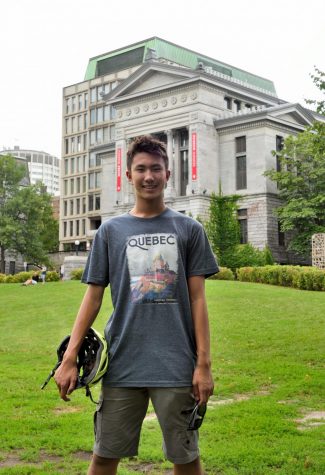Holiday Traditions around the world- Editor- Staff Writer feature
December 16, 2020
Holiday Traditions around the world- Editor- Staff Writer feature
In the wake of the election and in the emergence of new Covid-19 cases, many people are distraught by the uncharted future that lays ahead of us. However, there is much to be awaiting as the holiday season is hitting us in full swing. Today, we will be traveling around the world to look at the different cultures around the world and how they celebrate the winter season.
Our first destination is the United Kingdom on December 26th. The UK and other Commonwealth nations celebrate Boxing Day on the 26th. Many people return unwanted gifts and throw away leftover boxes from the day before on this day. It was originally brought into existence by Lords who would give small gifts in boxes to the servants that worked on Christmas, similar to a raise. The goal of Boxing Day was originally charity, to thank subsidiaries for their good work during previous years. Additionally, the feast of the Christian Saint Stephen was on this day, so many members of the church would give back to communities during this time. However, the meaning of this holiday has mostly faded and it is now more of a day to spend watching sports and spend time with friends and family
Our next two holidays are celebrated worldwide, but they originated in the heart of Israel. First, Hanukkah is celebrated for eight consecutive nights. It reminds the people of Israel of the provision that their God provided them in the past and in the present times. Its origin lies in Biblical times when the land of Israel was occupied by the Babylonians. The Israelites launched a full attack on the city and reclaimed their homeland. However, the menorah which they were required to light on those days had only enough oil left for one day and it could not provide oil for eight nights. However, God provided oil to light the temple for eight nights, when it should have been gone within a day. Now, Jewish households spend the eight days of Hanukkah lighting a Menorah with seven candles, spinning dreidels, and eating potato pancakes called latkes. On each night of Hanukkah, gifts are exchanged and on the last night a final large gift is opened.
On December 25, nearly 2 billion people celebrate Christmas. In reality, the purpose of Christmas has nothing to do with gifts, family, or any of those things, though that is how it is celebrated by many people today. Christmas is the celebration of the date that Jesus, the Messiah, was born according to the Catholic and Christian religions. Christmas is a symbol of a reminder that Christ stepped down onto the Earth to pay for their sins. However, commercialization has slowly taken over and Christmas has now become more secular. History details the origin of the revered figure Santa Claus, whose character stemmed from the Greecan bishop St. Nicholas of Myra, a saint revered for his compassion and generosity.
During this time, people come together to celebrate each other with goodwill and peace on earth.
Our next holiday is actually a cultural blend of African cultures, as it is intended to celebrate the diverse heritage of African nationality around the world. Kwanzaa is a blend of many different African traditions.The word Kwanzaa is derived from the Swahili phrase matunda ya kwanza, which means “first fruit” or “harvest.” For each day of Kwanzaa, a different principle is discussed; these principles correspond to the candles on the kinara or candleholder, which is called a kinara. There are three red candles, three green candles, and one black candle in the center of kinara. It’s a celebration of 7 days with each night representing a key principle; the principles are unity, self-determination, responsibility, cooperation, purpose, creativity, and faith. It’s a very intimate holiday where families get to spend time together to celebrate the year.
Our final holiday, The Lunar New Year, is one of the most celebrated holidays to date, as the country it originates from houses the world’s biggest population. However, most Western people do not celebrate it, as it has never been a traditional holiday in Western culture. In many different Asian countries, the New Year as well as corresponding celebrations and holidays are celebrated much later as Christmas, Hanukkah, e.t.c, are very Western oriented holidays. During the Lunar New Year, families gather together to celebrate a prosperous year with money given in red envelopes (called “Hong Bao” in Mandarin), traditional Asian foods, and firework shows. This holiday has not changed very much and is still celebrated by many peoples and cultures in Asia today.
Overall, cultural expression and history play a key role in the holidays celebrated by people worldwide. Even in the midst of the pandemic, these beloved holidays can still be observed and celebrated by peoples all around the world.




